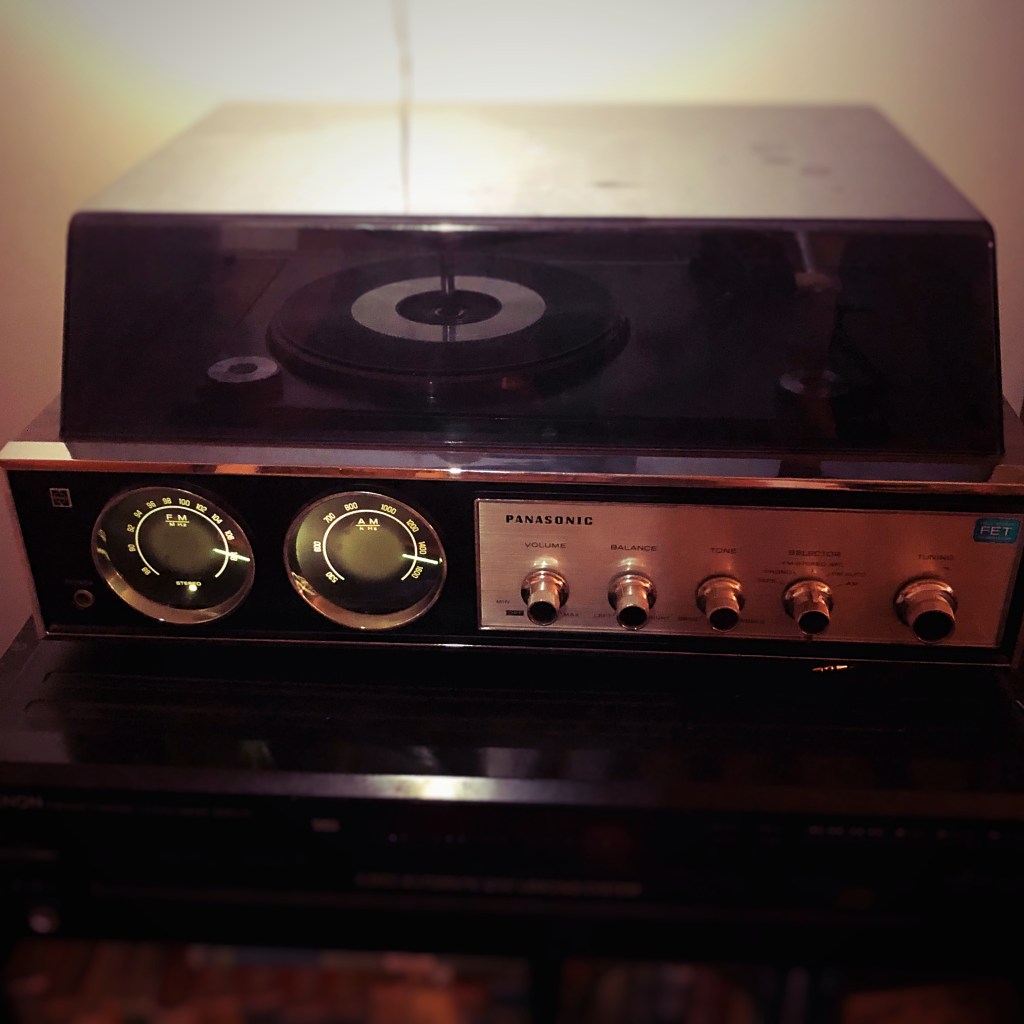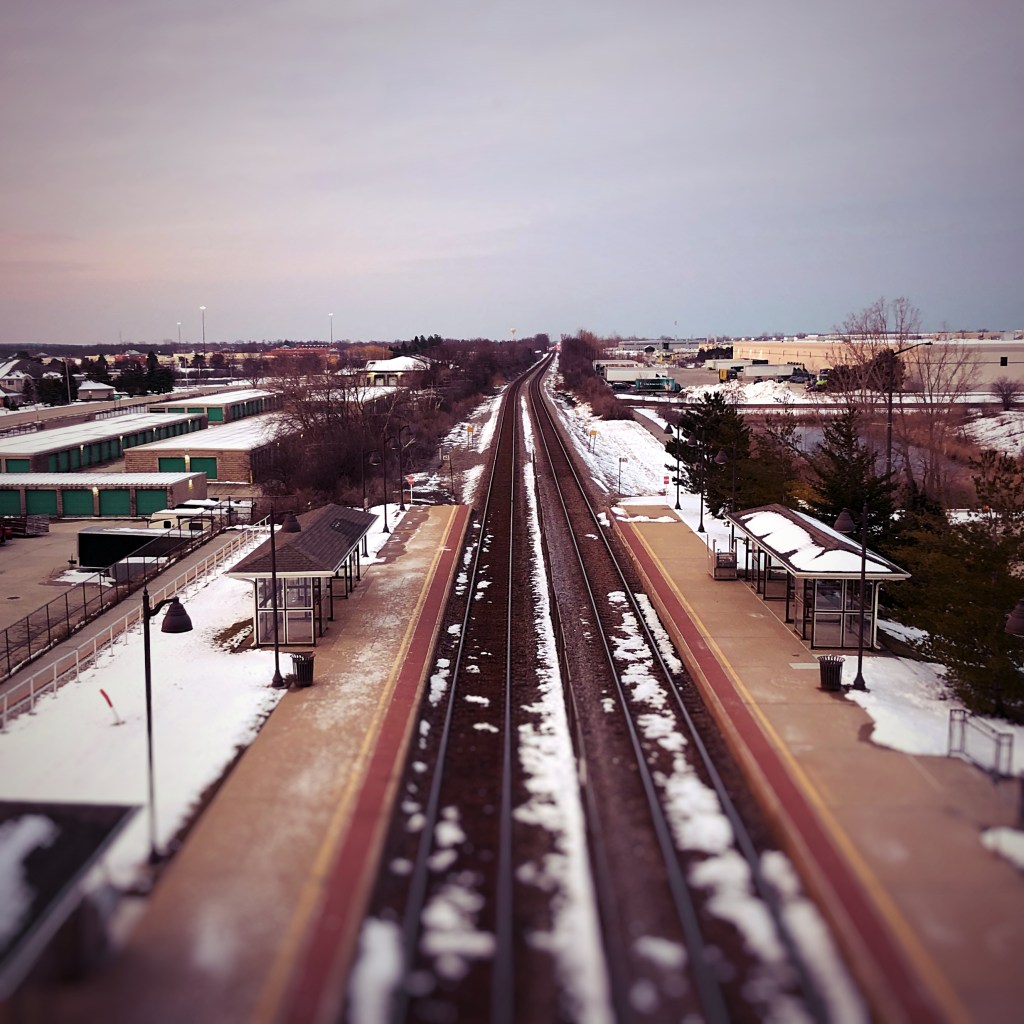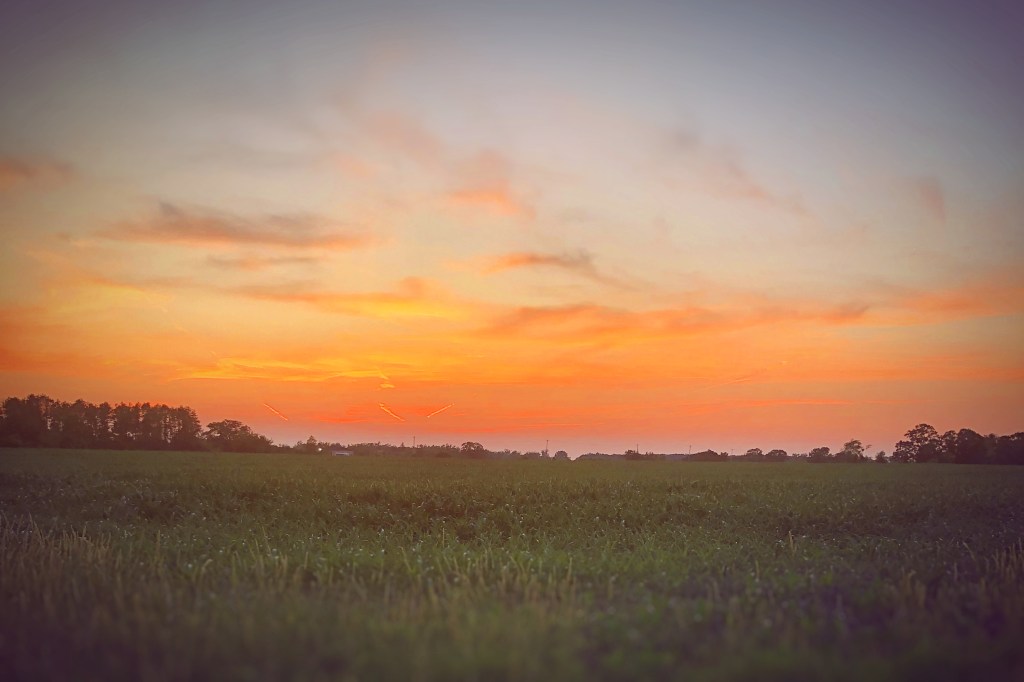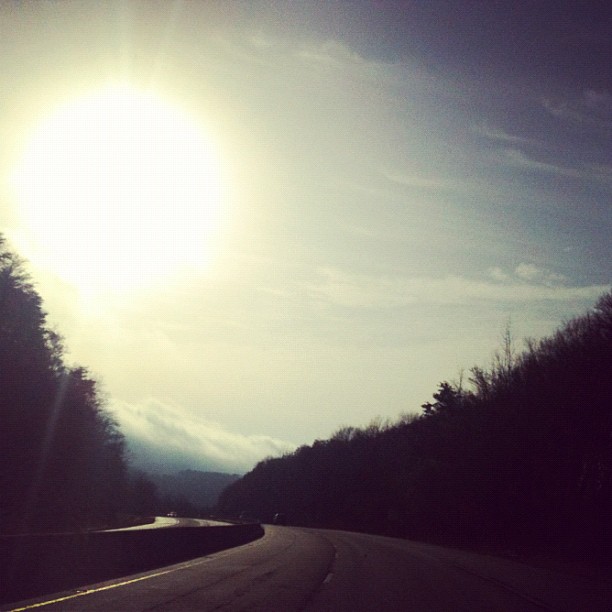Are polymaths extinct? In the ancient world polymaths shared expertise in various fields of knowledge. One example is Leonardo da Vinci — not merely a painter, but sculptor, architect, musician, scientist, mathematician, engineer, cartographer, botanist and writer. More recently, Thomas Jefferson fits that definition as a horticulturist, political leader, architect, inventor, and founder of the University of Virginia. Is it possible to be a polymath in this modern world?
As it relates to blogging, can effective bloggers be polymaths? Copyblogger offers some habits of effective bloggers. The list includes:
- prolific
- concise
- focused and consistent
(Link: 8 Habits of Highly Effective Bloggers)
One of the things stated as an attribute of an effective blogger is:
Successful bloggers choose a topic and stick to it.
They write consistently about their chosen subject… Even when they write about something that seems to be off-topic, they relate it back to the niche they know…
This makes practical sense as far as marketability. You don’t expect comic books sold at a doughnut shop. But what about a gas station? Of course, you purchase gas at a gas station, but most gas station owners don’t make profits from the sale of gasoline. Most of their revenue comes from products sold inside the gas station. In high school, I stopped by the gas station routinely to purchase comic books. Should blogs be doughnut shops or gas stations?
In the marketing world, as in the blogosphere, an individual who chooses a topic and sticks to it is a specialist or consultant. In Peter Rubie’s Telling the Story, he presents this definition of genres:
The development of genres came about as a marketing necessity. “Category” and “genre” are marketing terms… Their purpose is basically to help you more easily find what it is you’re looking for.
Telling the Story then goes on to list seven narrative nonfiction categories: adventure, travel books, biography, history, military, memoir and true crimes. The music industry follows the same protocol: country, pop, rock, hip-hop, and so on into the sub-genres of goth-metal, indie-folk-americana, afro-celt, etc. What Copyblogger proposes is to be marketable to your online audience. If you’re a tech blog, write about technology. If you’re an organic gardener, write about gardening. If you’re a mom, write about mommy stuff. That way your online readers are trained to expect only doughnuts at the doughnut shop.
The question is this: if blogs are specialized, will that make the community more or less knowledgable? I’ve noticed that art blogs often link to other art blogs. I understand that the reason for this is to create a strong community. The challenge with specializing content is that the specialists become islands of highly focused, topical knowledge surrounded by the waters of ignorance of other general knowledge. Jacques Barzun explores the idea of specialized knowledge and more in The House of Intellect. Let me go back to the opening paragraph where I stated “more recently, Thomas Jefferson…” Between Thomas Jefferson and our present information age, the society and culture has changed so dramatically that I wonder if our institutions of intellect suppress the nurture and nature of polymaths.
NOTE: https://coffeehousejunkie.wordpress.com/2010/06/18/is-it-possible-to-be-a-polymath-in-todays-culture/









